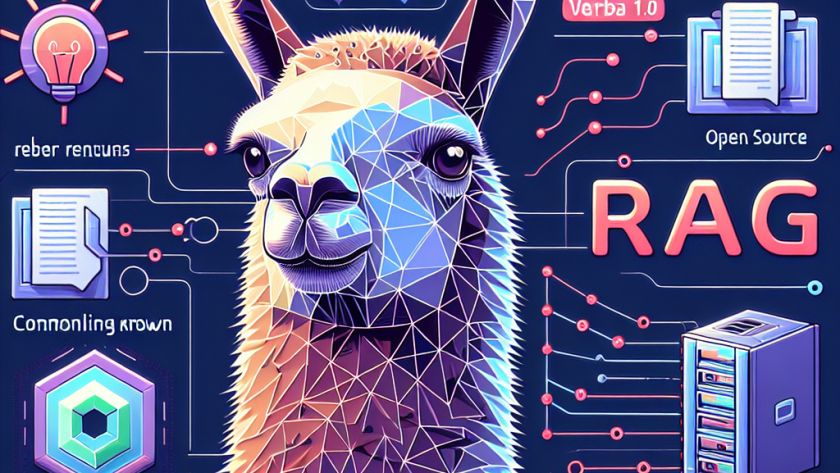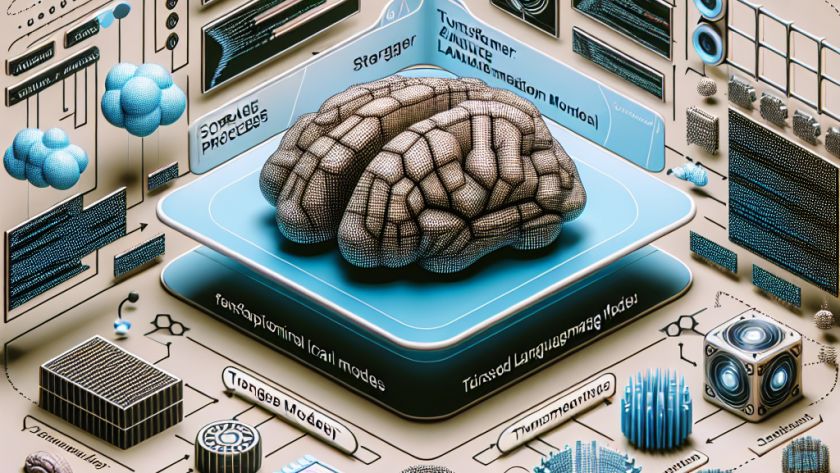The increasing demand for financial data analysis and management has propelled the expansion of question-answering (QA) systems powered by artificial intelligence (AI). These systems improve customer service, aid in risk management, and provide personalized stock recommendations, thus requiring a comprehensive understanding of financial data. This data's complexity, domain-specific terminology, market instability, and decision-making processes make…












